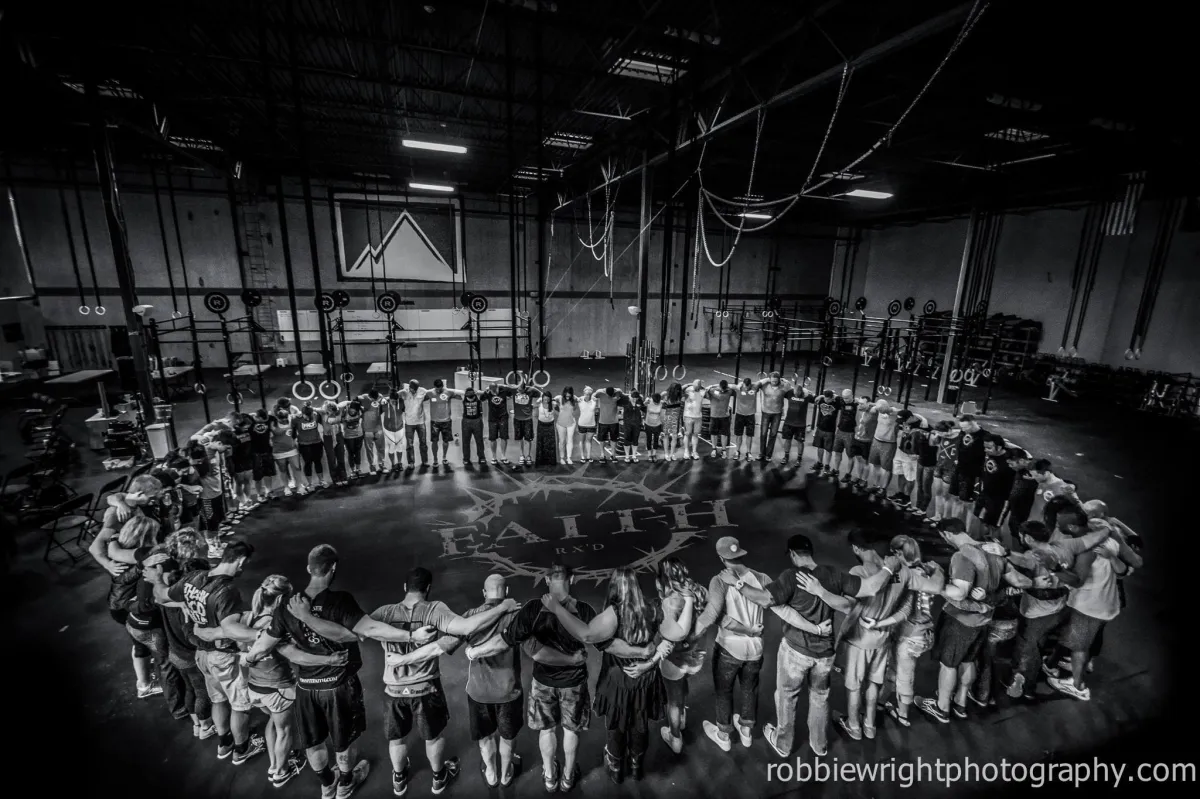Uniting Faith
and fitness
A global community serving and strengthening the fitness community to live for Christ and share His love.
WE ARE FAITH RXD
WHO WE ARE
We are a community committed to serving and strengthening the fitness world to live for Christ and share His love. Through faith-driven fitness, we inspire and equip individuals to pursue a life of purpose rooted in Jesus.
WHAT WE DO
We unite and equip people within the fitness community to live out the gospel in both word and action. We provide spiritual support, foster community, and encourage believers to serve others and meet real needs. Our goal is to empower individuals to grow in faith, strength, and leadership.
WHY WE DO IT
Our vision is to see the world impacted by Jesus Christ. We believe that faith and fitness together are a powerful force for hope and transformation. Whether in the gym, at home, or beyond, we strive to build a community where believers lead by example, inspiring others through the love of Christ.
WHO WE SERVE
Athletes face more than just physical challenges—they navigate mental, emotional, and spiritual struggles that can leave them searching for deeper meaning and purpose. The pressure to perform, isolation, and burnout are common, leaving many seeking fulfillment beyond the gym. FAITH RXD bridges the gap between faith and fitness, offering a Christ-centered community where athletes can find support, purpose, and hope.
Our programs provide spiritual guidance, daily devotions, local groups, and events that unite believers in the fitness community to grow in faith and serve others. As the need for authentic connection and purpose rises, FAITH RXD steps in to equip individuals to lead both spiritually and physically.
Join us in this mission by participating, donating, or spreading the word. Your support will help athletes find strength in faith, community, and purpose—empowering them to lead by example and impact lives for Christ.

HOW WE SERVE

Spiritual Resources
Our Spiritual Resources offer faith-based tools, daily devotions, and guidance to help you grow spiritually and deepen your connection with God in every aspect of life.

Chapters
Fitness Ministry Groups called "Chapters" bring together individuals passionate about faith and fitness, creating supportive communities where members grow spiritually while building strength together.

Mission Trips
Join us on mission trips where faith and fitness come together to serve communities in need. These are opportunities to deepen your faith and build lasting relationships while experiencing the joy of serving others.
STAY CONNECTED
Receive our daily devotionals. FAITH WODS are designed to keep our faith as discipline as our fitness.
I confirm that I want to receive messages from using the contact information provided.

Uniting Fitness and Faith.
Contact
Email: [email protected]